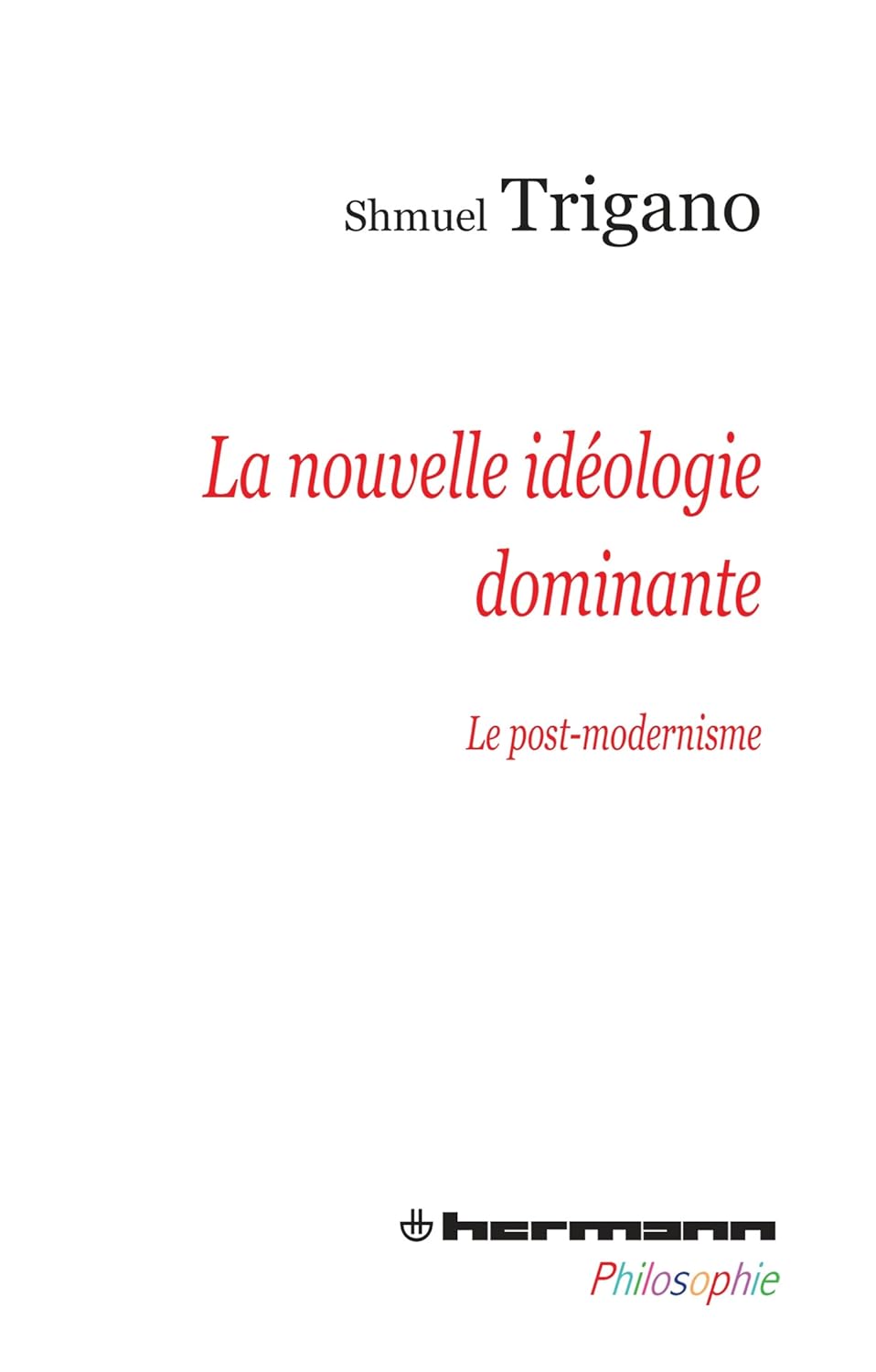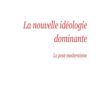What if domination isn’t where we think it is? What if the way we represent identity, the human being, gender, nature, but also democracy, the relationship with foreigners, the very content of knowledge, the purpose of law – what if all this is not in fact the result of objective knowledge, but of an “ideology” that plans to change the social and political order, but above all, the human being? It is the hallmark of any age to find in an order of ideas the principle of power and coherence, except that this ideology presents itself as the anti-power, the factor of a freedom never imagined. This short book sets out to build a model for this ideology, and to take stock of the breadth of the post-modernist agenda, which originated in France in the 1970s, was rediscovered in the United States and has since become the “common language” of all the elites of the democratic world, in all its many guises: multiculturalism, post-colonialism, queer theory, alterglobalism, globalism and so on. From the perspective of the sociology of knowledge, Shmuel Trigano attempts to identify the centers of power and the new order established by this ideology, in order to understand the context of its development, in particular the decomposition of the European nation-state in the wake of European unification, which, he argues, is the source of an imperial form of power. It’s a book of knowledge, but also a committed book that warns of the latest political utopia.
Translations of The new dominant ideology: Post-modernism

In Hebrew, Editions Carmel, 2020
Haideologia ha shaletete hahadasha, hapostmodernizm, Carmel, 2020
האידאולוגיה השלטת החדשה: הפוסט-מודרניזם




